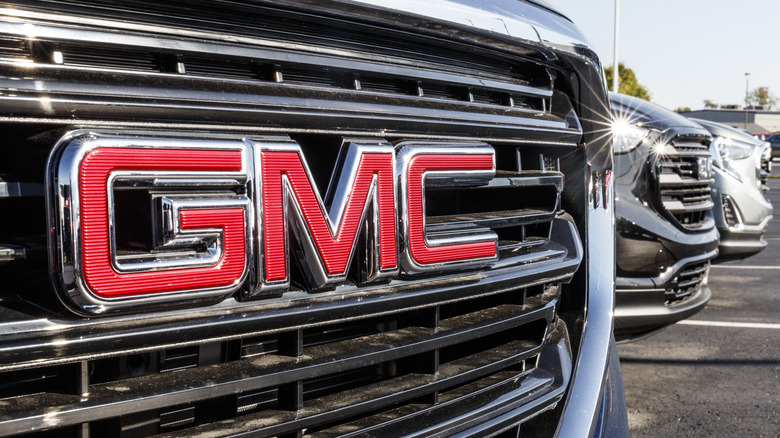Faulty Airbags Lead GM To Recall Almost A Million Vehicles
Airbags have had it rough in 2023. Just days ago, BMW issued a stern do not drive warning for 90,000 drivers who neglected to have defective airbags replaced. That recall resulted from a larger recall of vehicles equipped with certain Takata airbags. The battle to wrangle those vehicles has spanned nearly a decade.
Now, General Motors is recalling nearly 1 million vehicles equipped with airbags from Tennessee-based ARC Automotive. Much like Takata's defect, some ARC airbags apparently can send metal shards flying at drivers and passengers when deployed. At least two deaths have been recorded across seven reported incidents.
The National Highway Traffic Safety Administration has investigated the issue for nearly eight years, culminating in this week's conclusion that ARC must issue a widespread recall, the Associated Press reports. There are 284 million such vehicles on the road today, and the NHTSA has determined that 67 million of these ARC airbags are installed in vehicles. The total vehicle count may be much smaller, as many affected models have more than one airbag installed.
GM has preemptively identified defects in certain models from the Buick Enclave, Chevrolet Traverse, and GMC Acadia lines for model years 2014 through 2017. This comes after dealerships started receiving notices of the recall on May 10. Vehicle owners will begin hearing about their options for remedy on June 26, according to the safety recall report.
ARC refuses responsibility
The NHTSA and GM confirmed three separate cases of ARC's airbags rupturing during deployment, but the Knoxville company refuses to accept responsibility, standing firm on its conclusion that there isn't enough clear evidence to substantiate claims of a widespread problem with its airbags. It asserts these issues are isolated to specific manufacturing problems on the automakers' side.
"Despite a lengthy investigation, the Agency's current position is not based upon any objective technical or engineering conclusion regarding the existence of a defect, but rather conclusory statements regarding hypothesized blockage of the inflator orifice from "weld slag" and a subjective inference that a defect exists," ARC said in an official response to the NHTSA. It also pointed out that the hallmark issue cited by the NHTSA was confirmed not to cause the ruptures in two of the seven cases.
The company also believes the agency is overstepping its boundaries by attempting to mandate a national recall on an equipment manufacturer, a responsibility historically placed on vehicle makers. The NHTSA will raise the issue in an upcoming public hearing, and ARC may eventually be forced to defend its position in court.
What should affected drivers do meanwhile? Plug your VIN into NHTSA's database to see if your car is affected. If feasible, try to park your vehicle until GM fully implements its recall plan. In the meantime, the company will reportedly offer temporary rentals to concerned drivers on a case-by-case basis, so try contacting them.

